|
As fears continue that the Ebola outbreak in the Democratic Republic of the Congo could spread, tough decisions are being made to bring it to an end. One of these is that President Félix Tshisekedi has taken full control of the country’s response efforts. Mosoka Fallah sets out why this is significant, drawing parallels with how Liberia reversed its devastating Ebola outbreak after President Ellen Johnson-Sirleaf took over its management in 2014. For his part Anthoni van Nieuwkerk unpacks research done through the lens of crisis management that draws on the dynamics of the 2014 crisis.
Today marks International Youth Day. This year the theme is “transforming education”. A number of African countries need urgent help on this front. In some places the formal education system is at a standstill. As Tobias Gandrup and Kristof Titeca explain the situation in Somaliland is dire while Marieke Hopman examines how social ills are playing out in classrooms in the Central African Republic. In
Kenya, children who are HIV positive battle to get the right support in their pre-schools, argues Linet Imbosa Muhati-Nyakundi. From South Africa, Franziska Meinck considers how better access to quality education could help lower teenagers’ risk of contracting HIV.
|
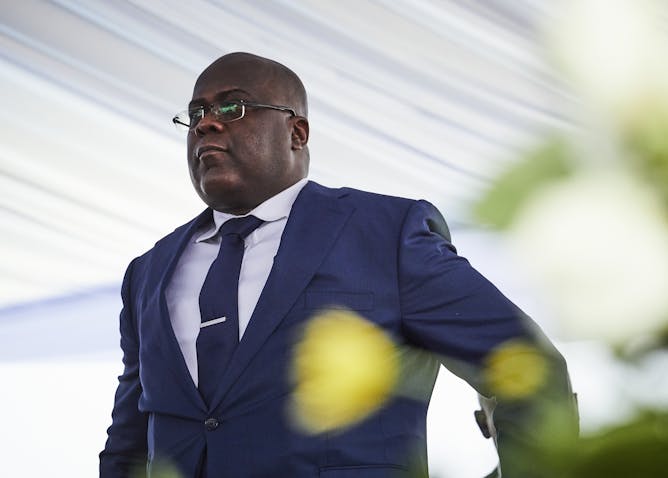
DRC President Felix Tshisekedi during the inauguration ceremony.
Hugh Kinsella Cunningham/EPA-EFE
Mosoka Fallah, Harvard Medical School
The DRC president's direct involvement can rally people who have previously doubted the reality of the outbreak.
|
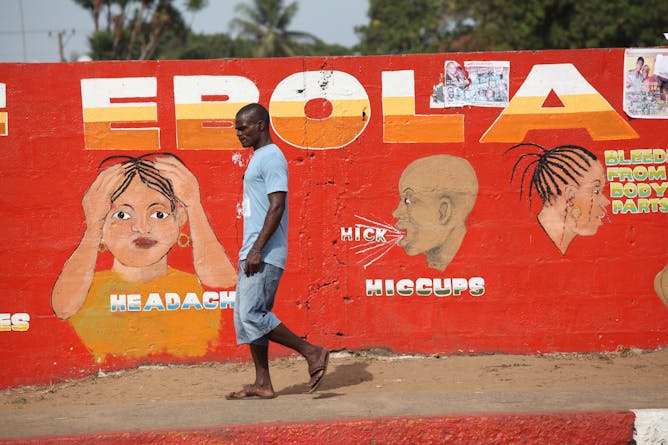
A man walk pass an Ebola awareness painting in downtown Monrovia, Liberia.
Ahmed Jallanzo/EPA
Anthoni van Nieuwkerk, University of the Witwatersrand
Do African decision-makers and leaders approach crises differently from counterparts elsewhere in the world?
|
Science + Technology
|

Franca Nneka Alaribe, Tshwane University of Technology; Keolebogile Shirley Motaung, Tshwane University of Technology
Tissue engineering and regenerative medicine is based on three key requirements working together: signals from body tissues and organs, responding stem cells, and scaffolds.
| |
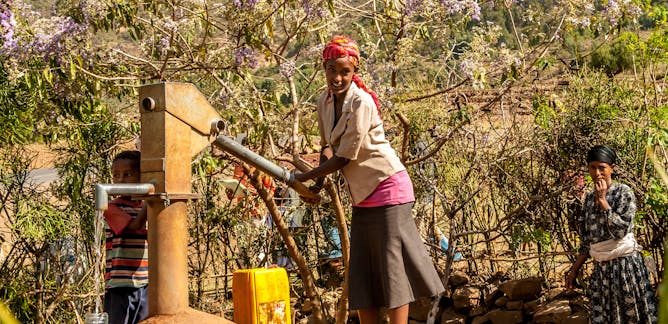
Mark O. Cuthbert, Cardiff University; Richard Taylor, UCL
Good news – underground aquifers could be a reliable source of drinking water in sub-Saharan Africa even as the climate warms.
|
|
|
Youth Day
|
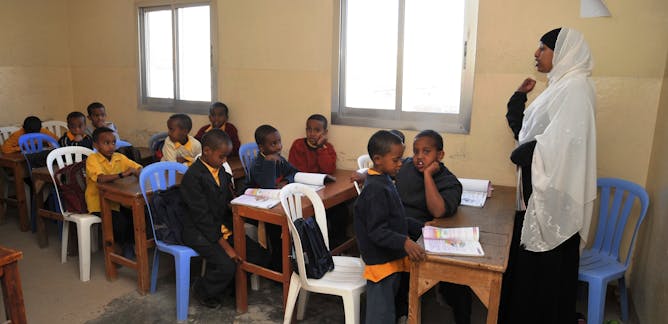
Tobias Gandrup, University of Antwerp; Kristof Titeca, University of Antwerp
Due to its lack of international recognition and its limited financial capacity, Somaliland's administration isn't fully capable of supporting the education sector
| |
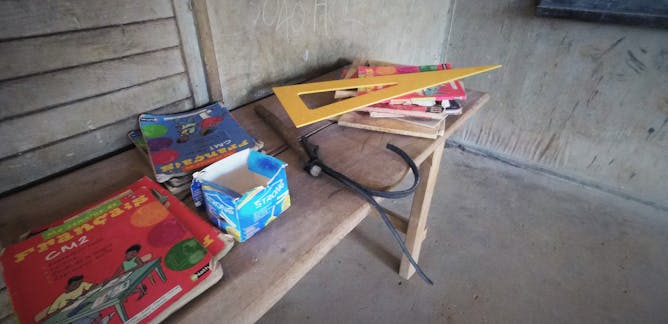
Marieke Hopman, Maastricht University
The most effective way to provide children in the CAR with access to education is to aim interventions at them directly.
|
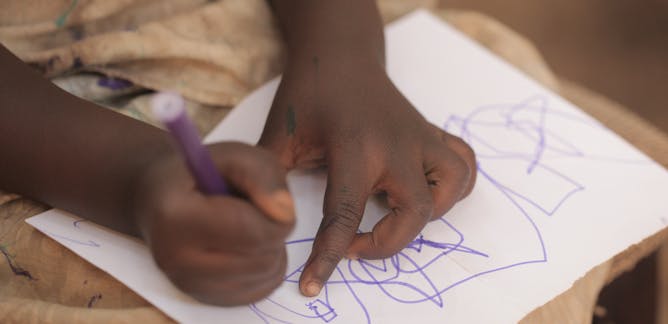
Linet Imbosa Muhati-Nyakundi, University of Johannesburg
Secrecy around the HIV-positive status of young children in school is denying them the care and support they need for a good start.
| |
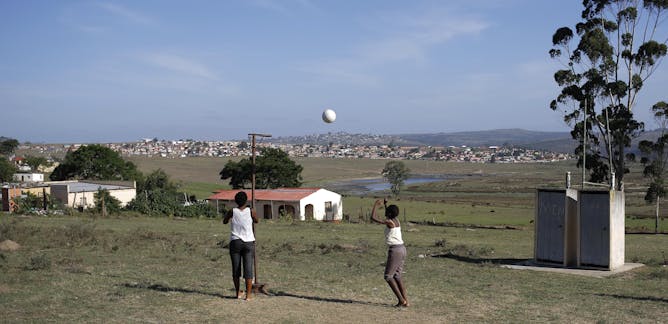
Franziska Meinck, University of Oxford
Adolescent girls experience a number of vulnerabilities which incease their risk of engaging in risky sexual behaviours.
|
|
|